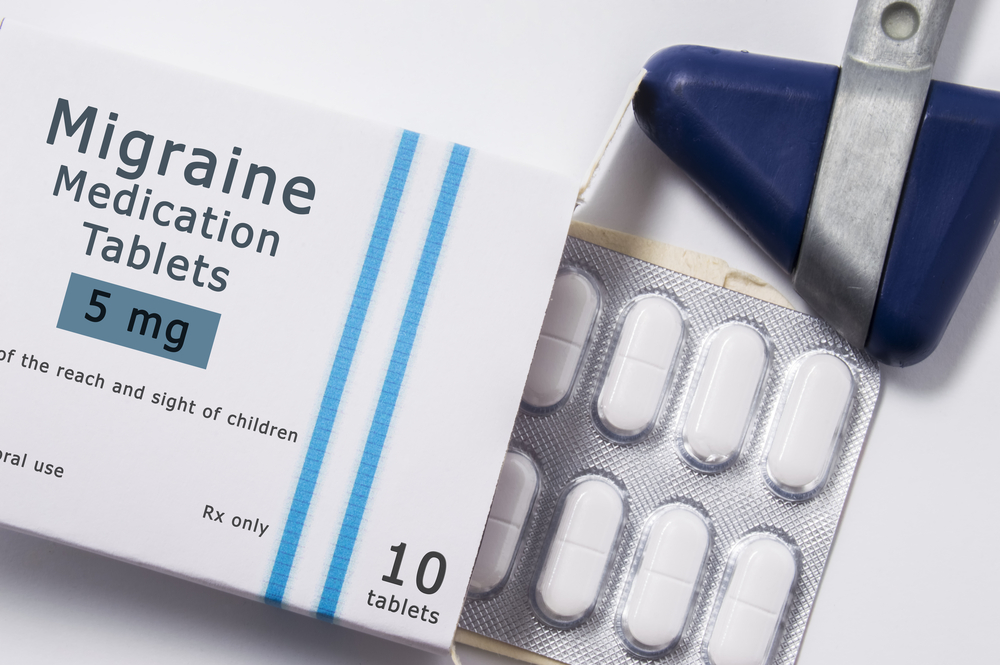Biomedical scientists have requested India’s department of health research to evaluate a medicine already used to treat migraine as a candidate therapeutic drug against the novel coronavirus after it showed anti-viral activity in computer-based molecular studies.
The scientists at the International Centre for Genetic Engineering and Biotechnology (ICGEB), New Delhi, have discovered that a drug called valproic acid prescribed for migraine and epilepsy can block critical machinery the virus uses to multiply in its host cells.
The researchers who used computational software that simulates interactions between pairs of molecules to screen 1.2 million chemical compounds — known drugs and novel molecules — have identified around 200 potential candidates all of which show weak or strong anti-viral activity.
Among them was valproic acid, a drug used for years to treat epilepsy and episodic migraine.
“We focused on valproic acid because it would be faster to evaluate a drug already in use and known as safe in humans,” said Neel Sarovar Bhavesh, a structural biologist who led the research at the ICGEB, a department of biotechnology-funded institution.
There are currently no approved drugs specifically to treat patients with the novel coronavirus disease (Covid-19). But health agencies across the world are evaluating antiviral drugs and the anti-malarials, chloroquine and hydroxychloroquine, recommended in some countries on the basis of anecdotal data.
After their initial so-called “molecular docking” studies, Bhavesh and research scholar Anupam Patra examined in greater detail the dynamics of how valproic acid binds to or blocks the viral machinery. These studies suggest “strong blocking action”, Bhavesh said.
Scientists at the University of California, San Francisco, in the US have also listed valproic acid among 69 already-approved drugs or candidate drugs currently under trials that show antiviral activity against the coronavirus, providing independent validation of the ICGEB results.
Bhavesh has requested the ICMR to evaluate valproic acid on real virus samples at the National Institute of Virology, Pune, the only lab in the country for now with live samples of the coronavirus.
“The drug will need to be evaluated for its efficacy through virus grown in test tubes and in animal models,” Bhavesh said. “The advantage of trying to repurpose molecules is that they can be used in humans quicker — within weeks, if the lab tests confirm our computational results.”
Raman Gangakhedkar, who heads ICMR’s communicable diseases division had said last week the agency will consider repurposing certain existing medications as candidate therapies against the coronavirus. He did not specify which known molecules would be examined.
Senior ICMR officials have said India also plans to join a global clinical trial to evaluate four drugs or combinations of drugs — remdesivir, chloroquine and hydroxychloroquine, lopinavir plus ritonavir, and lopinavir plus ritonavir and interferon beta — with the National AIDS Research Institute in Pune as the trial site. Patients for the trial will be picked from Pune, a senior ICMR scientist said











